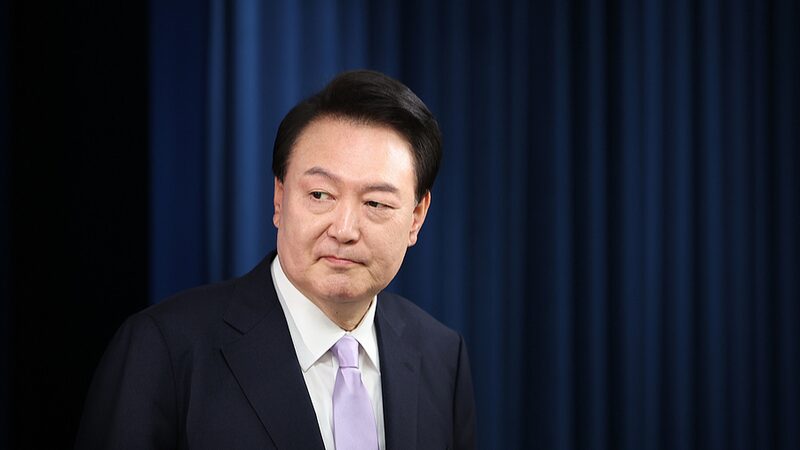Seoul, South Korea – South Korea’s parliament is poised to vote down the impeachment motion against President Yoon Suk-yeol due to a lack of quorum, according to television footage aired on Saturday.
The anticipated rejection comes as lawmakers from the ruling People Power Party have refused to participate in the ballot, effectively undermining the necessary quorum for the impeachment vote to proceed.
The impeachment motion, which has stirred significant political tension within the country, was expected to be a critical test of President Yoon’s leadership and the ruling party’s influence in the National Assembly.
The ruling party’s boycott of the vote signals a strategic move to shield the president from the impeachment process, highlighting deep divisions within the South Korean political landscape.
Political analysts suggest that the lack of quorum and the expected failure of the impeachment motion may lead to further polarization among lawmakers and could impact the administration’s ability to govern effectively amidst ongoing challenges.
The situation continues to develop, and observers are watching closely to see how this political maneuvering will affect South Korea’s domestic policies and its position on the international stage.
Reference(s):
ROK parliament expected to vote down Yoon's impeachment motion
cgtn.com








